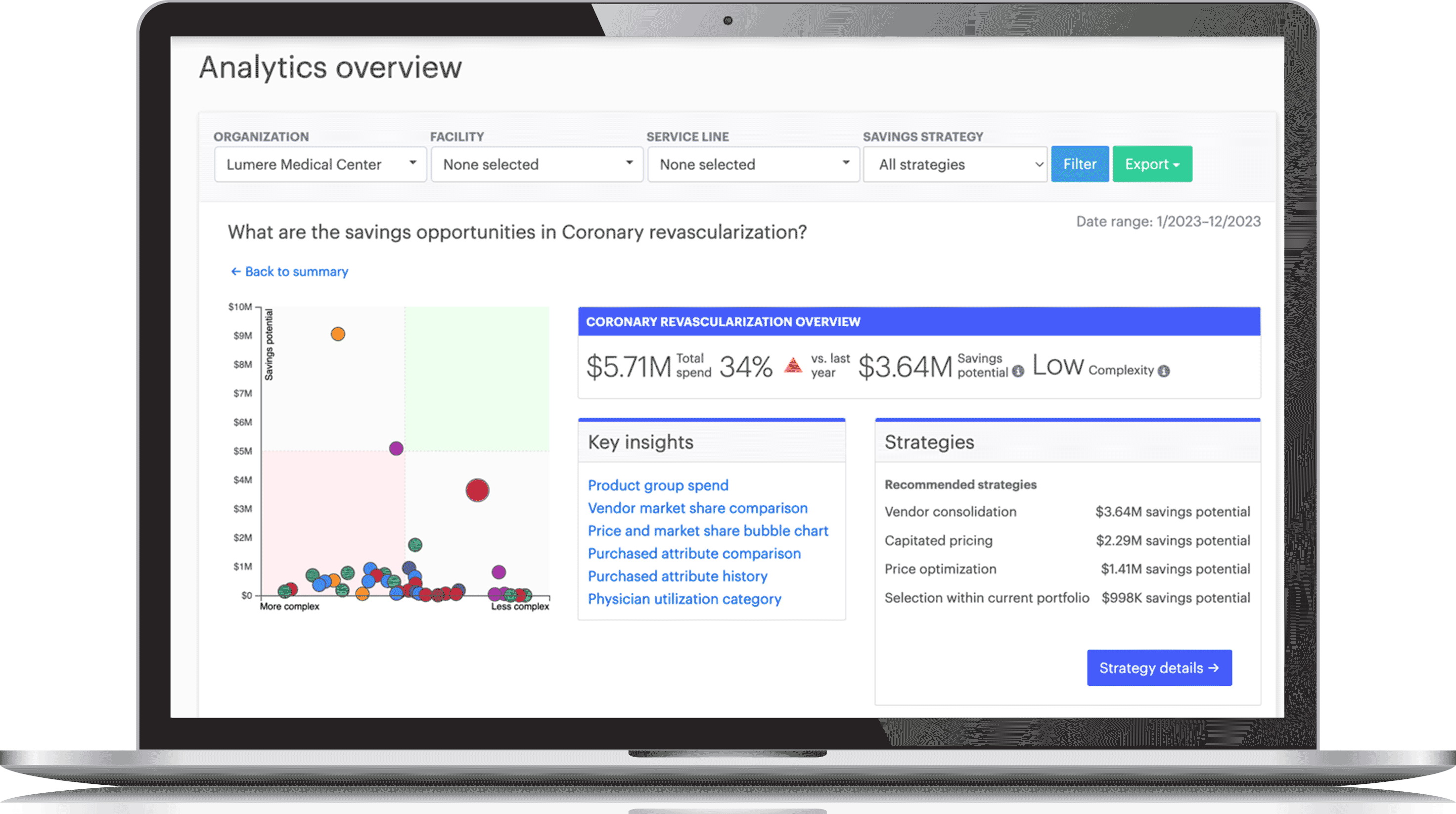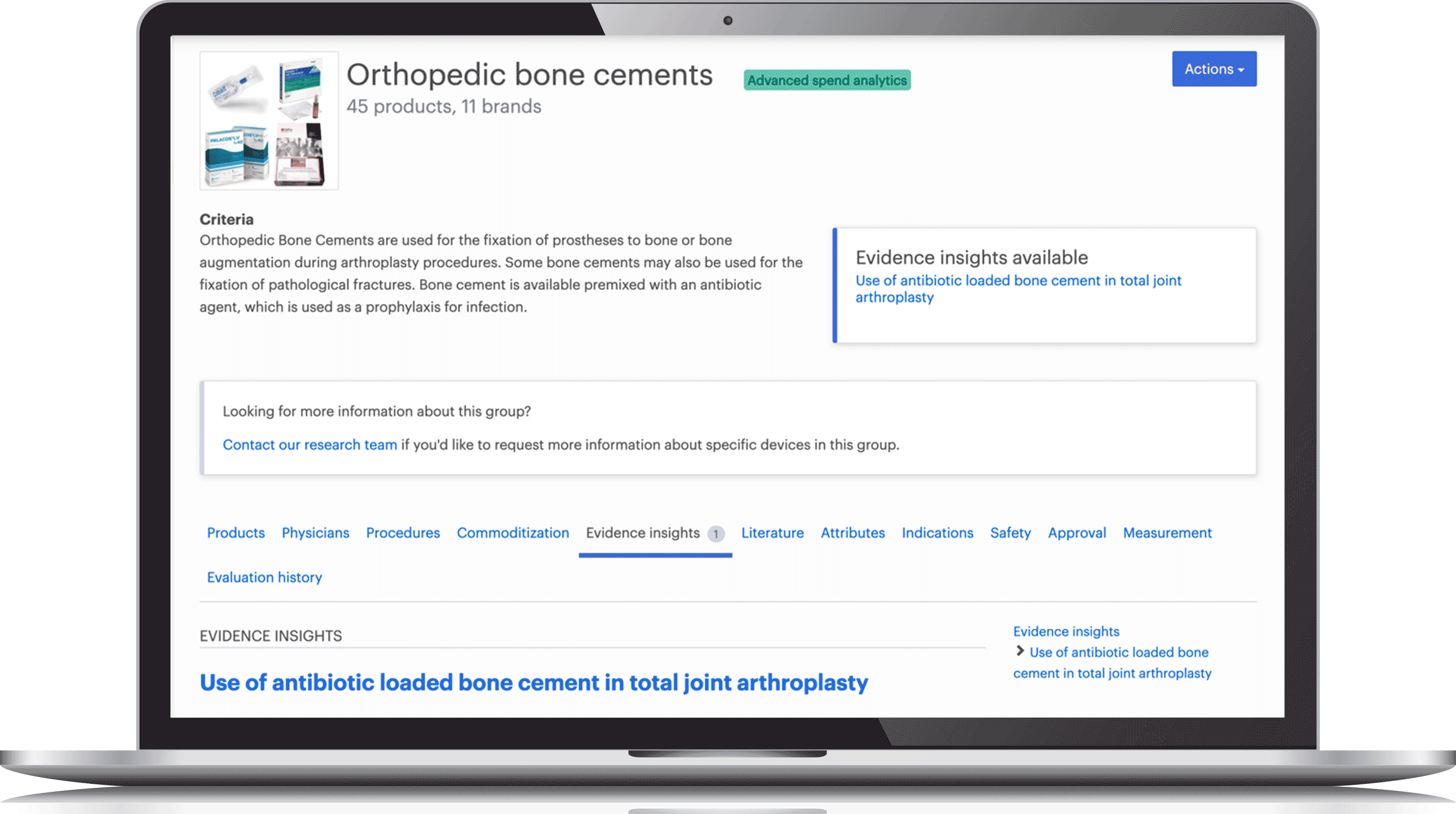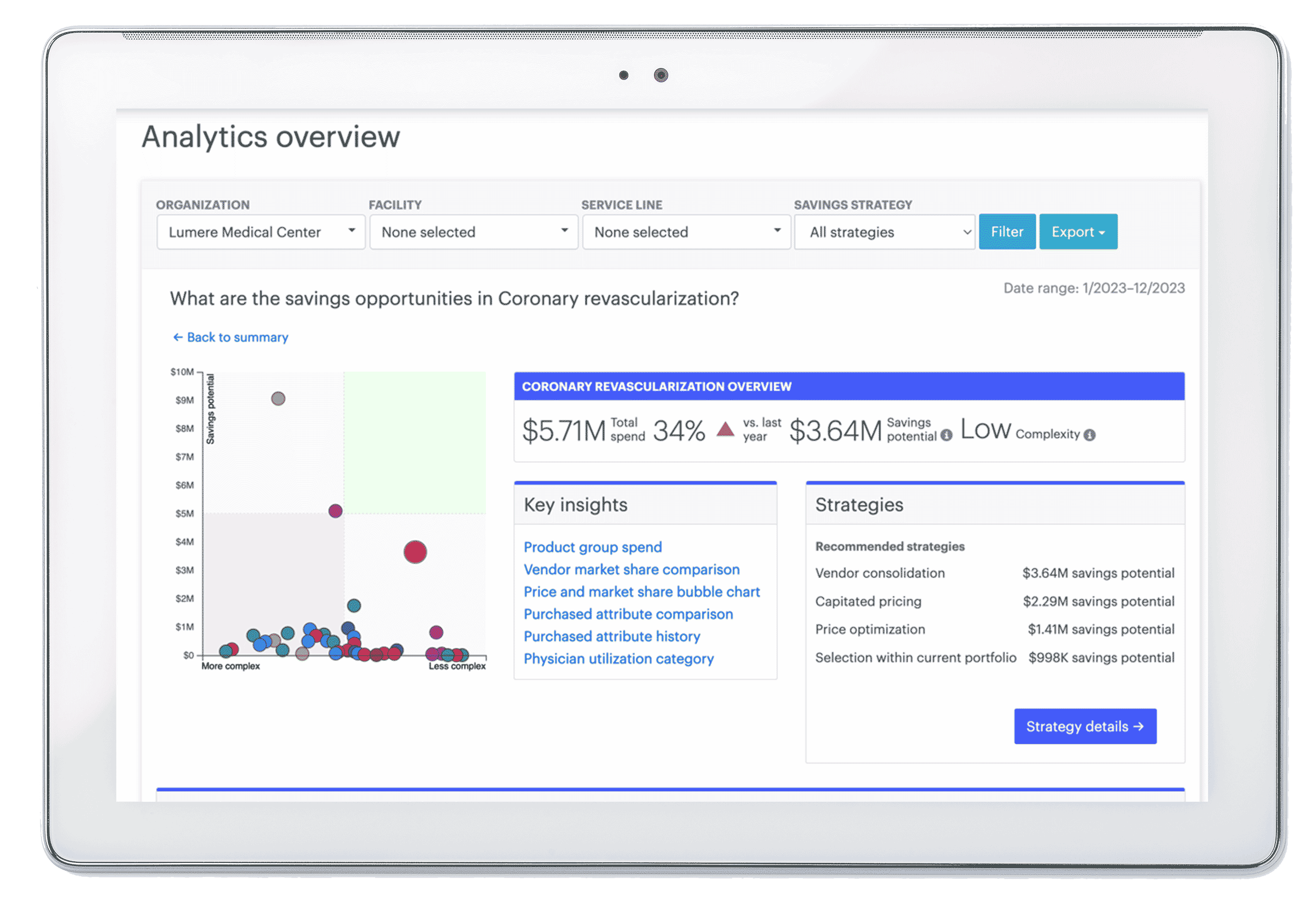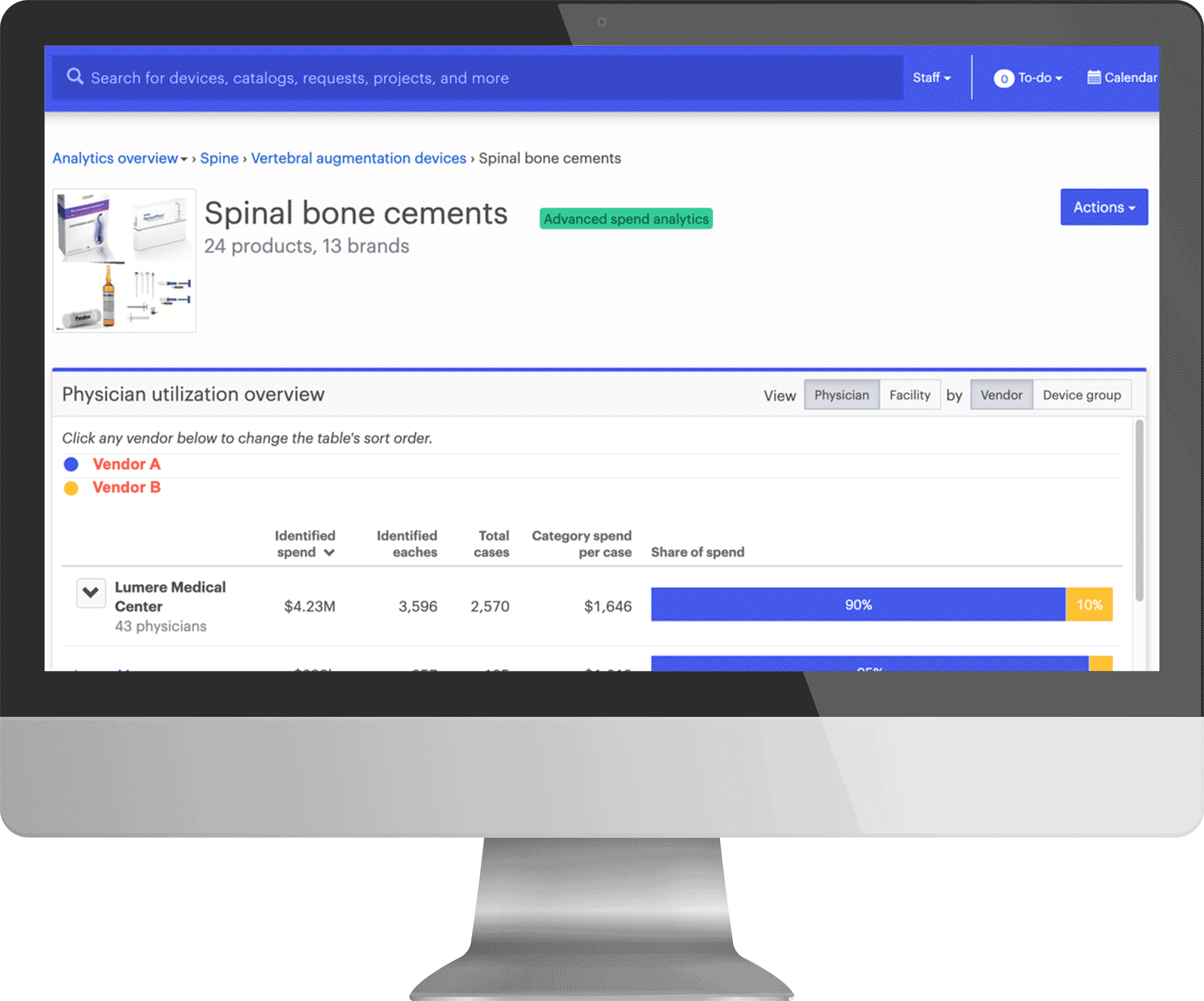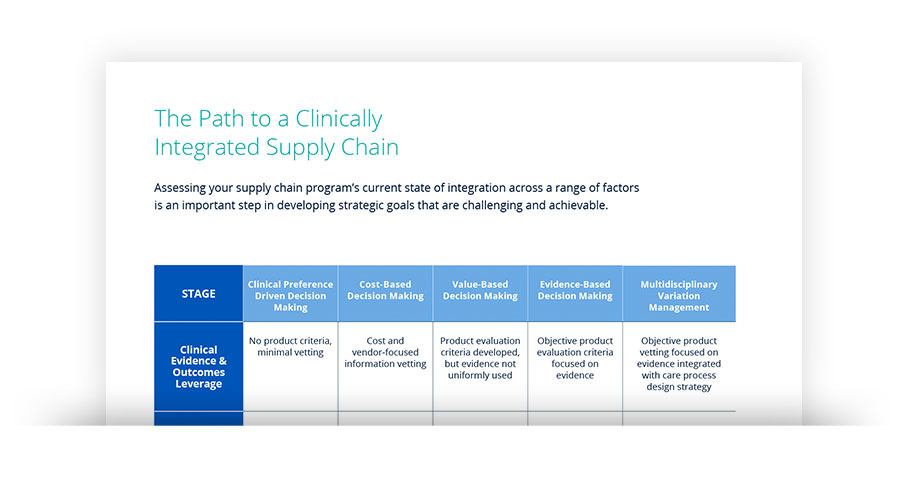
What is a Clinically Integrated Supply Chain?
A clinically integrated supply chain is a strategic approach that aligns clinical supply chain management with patient care goals. This integration can help to ensure an uninterrupted supply of clinical products, lower costs and improve overall healthcare delivery.
By focusing on supply chain initiatives and clinical demands, clinically integrated supply chain operations play an increasingly important role in modern healthcare.
